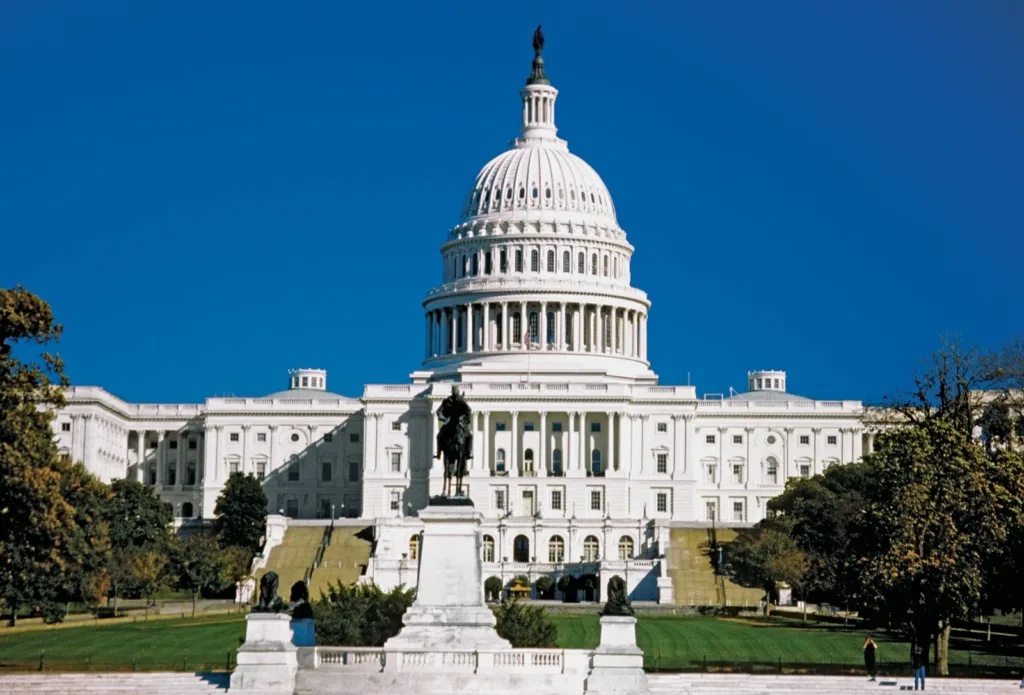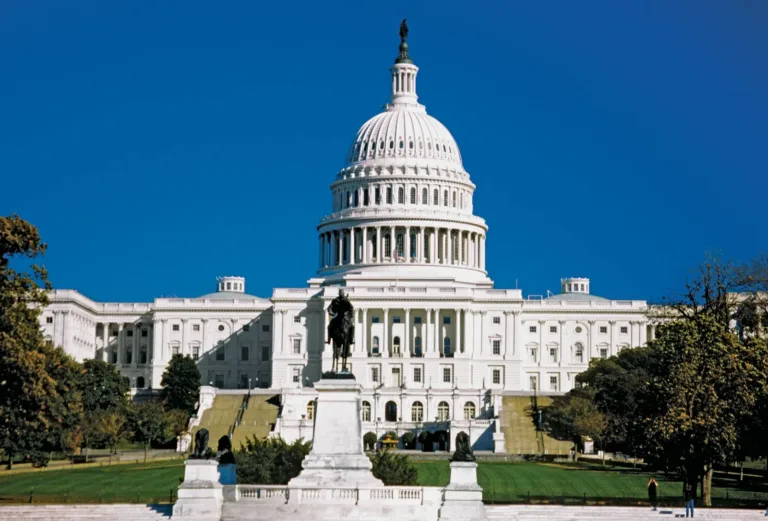
The Social Security Benefits Fairness Act has recently stirred significant interest among Americans, particularly those in public service professions like teachers, firefighters, and law enforcement officers. This proposed legislation aims to address long-standing inequities in the Social Security system, primarily targeting the Windfall Elimination Provision (WEP) and the Government Pension Offset (GPO). Both provisions have been criticized for reducing benefits for individuals who have worked in public sector jobs and are also entitled to Social Security.
What is the Social Security Benefits Fairness Act?
The Social Security Benefits Fairness Act seeks to repeal the WEP and GPO, provisions that disproportionately impact public servants. These rules often reduce or eliminate Social Security benefits for individuals who have earned pensions through government work, even if they contributed to Social Security in other jobs. Advocates argue that this is a punitive measure, penalizing individuals for their public service.
In the words of supporters, this act is about fairness and recognizing the contributions of those who dedicate their lives to community service. A recent CBS News report highlighted how this legislation could restore full Social Security benefits to millions of Americans, many of whom are retired public servants struggling with reduced incomes.
Legislative Progress: House and Senate Votes
The act has gained bipartisan support, passing a key vote in the House of Representatives. Many see this as a step toward correcting systemic issues within the Social Security system. However, the Senate Social Security Fairness Act faces an uphill battle as it awaits debate and a vote in the Senate.
According to a Fire and Safety Journal Americas report, the House vote highlighted overwhelming public support for the repeal of pension penalties. Advocates hope the Senate will follow suit, emphasizing the need for swift action to address the financial challenges faced by affected retirees.
Key Implications of the Act
- Restoring Equity
If passed, this act would ensure that public sector workers receive the Social Security benefits they’ve earned, leveling the playing field for those with mixed employment histories. - Financial Relief for Retirees
Repealing WEP and GPO would increase monthly incomes for many retired teachers, firefighters, and law enforcement officers, improving their quality of life. - Public Perception of Fairness
Supporters argue that the current system sends the wrong message to public servants. Reforming it would demonstrate the nation’s commitment to those who serve their communities.
Opposition and Challenges
Despite its widespread appeal, the Senate Social Security Fairness Act faces opposition from some lawmakers and budget analysts who are concerned about the financial impact of the proposed changes. Critics argue that repealing these provisions could strain the Social Security Trust Fund, which is already under pressure. However, proponents contend that fairness and justice for public servants should take precedence over fiscal concerns.
Conclusion
The Social Security Benefits Fairness Act represents a pivotal moment in the fight for equity within the Social Security system. By repealing the WEP and GPO, this legislation could provide much-needed financial relief to millions of Americans who have dedicated their lives to public service. As the Senate prepares to debate the act, all eyes are on lawmakers to see whether fairness and justice will prevail.
For more information, you can read the full reports on CBS News and Fire and Safety Journal Americas.




